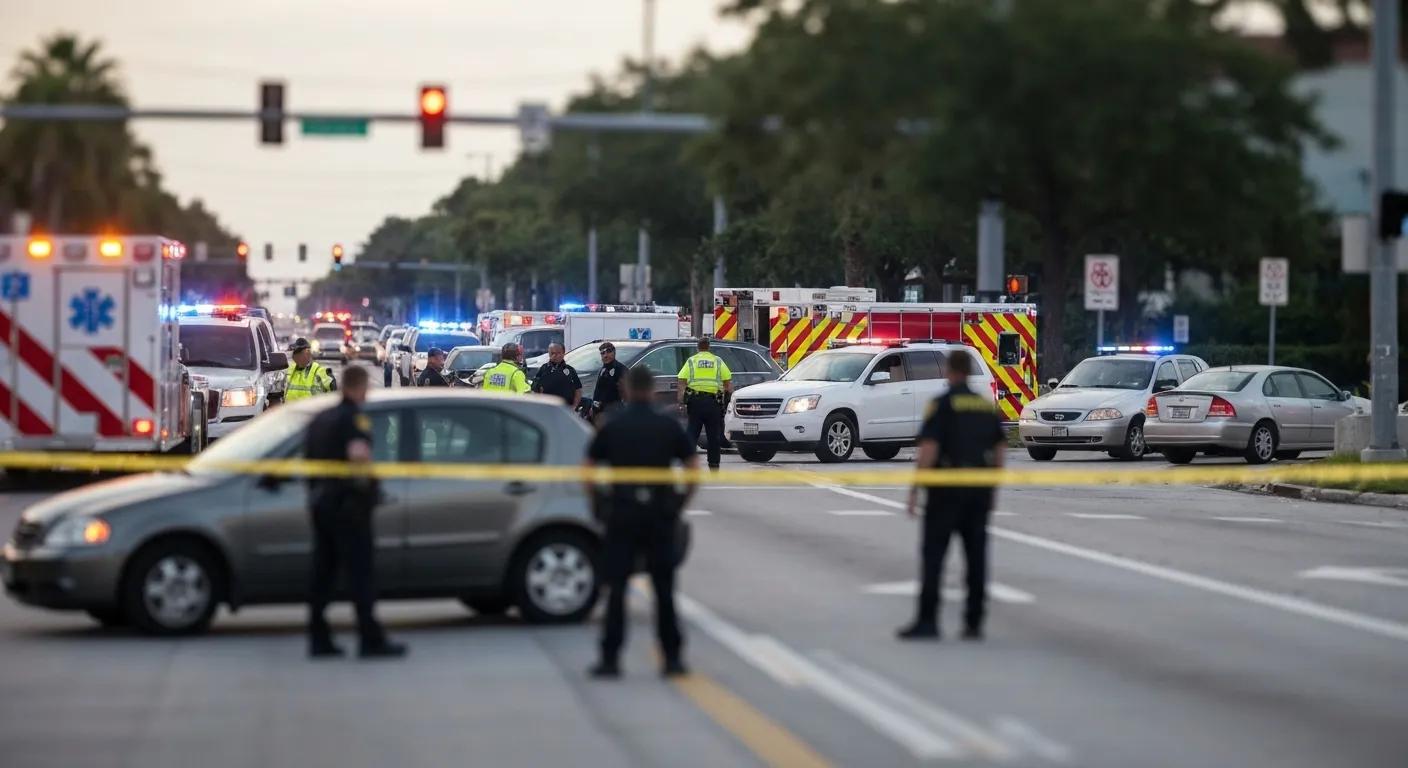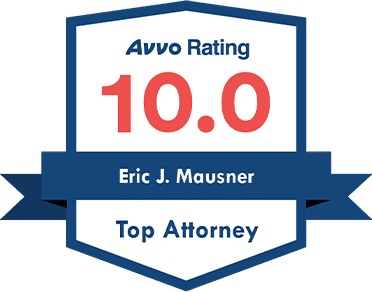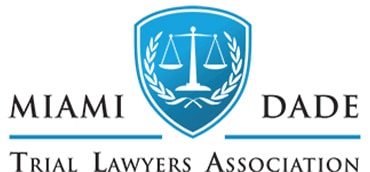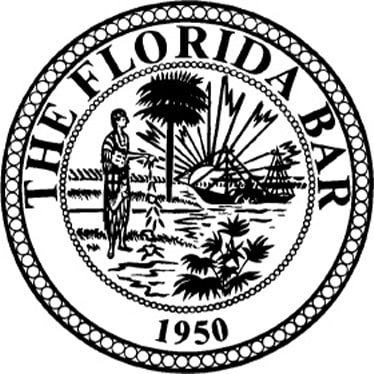Settling a car accident case in Florida typically spans from several months to over a year, depending on injury severity, liability clarity, and the negotiation process. Victims navigating the car accident settlement timeline in Florida often face uncertainty as they await compensation for medical bills, lost wages, and pain and suffering. Mausner Group Injury Lawyers leverages decades of former prosecutor experience to streamline documentation, medical evaluations, and insurer negotiations, promising free consultations and no upfront costs on a contingency fee basis. This guide examines average timelines, critical influencing factors, step-by-step stages, key statutes, and practical advice while contrasting minor versus complex settlements to empower victims with clear expectations.
We will first explore how long typical cases take, from minor injuries to severe traumas and the post-agreement payout. Next, we’ll unpack the factors that accelerate or delay your claim, including injury severity, liability disputes, insurance tactics, Florida’s no-fault system, and the benefit of legal representation. Then we’ll map out each stage of a Florida car accident settlement process with estimated durations, followed by relevant laws such as the two-year statute of limitations and modified comparative negligence. Finally, discover how Mausner Group Injury Lawyers expedites your case, answers the questions most clients ask, and offers actionable steps while you wait for your settlement.
What Is the Average Time to Settle a Car Accident Case in Florida?
Most Florida car accident settlement cases resolve within 6 to 18 months from the date of accident, with simpler, minor-injury claims often concluding faster. Cases involving minimal medical treatment and clear liability typically settle in three to six months, while severe injuries or contested liability can extend beyond one year. After reaching an agreement, victims usually receive settlement funds within 3 to 6 weeks. These ranges reflect recent industry data through October 2025 and account for Florida’s no-fault PIP requirements, insurer processing, and negotiation cycles.
How Long Do Minor Injury Cases Typically Take to Settle?
Minor injury claims—such as soft-tissue injuries, minor sprains, or brief ER visits—tend to settle in 3 to 6 months. Early medical documentation and swift PIP claim approval often close liability issues quickly. Most insurers respond within 30 to 45 days to settlement demands for injuries that do not require surgery, and a straightforward medical recovery timeline helps complete negotiations efficiently.
What Is the Timeline for Severe Injury or Complex Cases?
Severe injuries, including fractures, spinal damage, or traumatic brain injuries, commonly require multiple surgeries and extensive rehabilitation, pushing settlement durations to 12–24 months. Disputed fault or high medical costs often trigger deeper insurer investigations and expert depositions. Complex cases frequently move toward formal negotiation or mediation before a final agreement, extending the process while ensuring maximum compensation.
How Long After Settlement Does It Take to Receive the Payout?
Once both parties sign a settlement agreement, issuing the settlement check typically takes 3–6 weeks. Insurers must finalize internal approvals, coordinate lien resolutions, and prepare disbursement documents. Contingency fee arrangements ensure that Mausner Group Injury Lawyers’s clients incur no legal fees until payment is received, and experienced counsel expedites final paperwork to minimize delays.
What Factors Affect the Length of a Florida Car Accident Settlement?
Several interrelated factors dictate how quickly you can resolve a Florida car accident case. Injury severity determines medical treatment duration and settlement valuation, while liability disputes require additional documentation or deposition testimony. Insurance company tactics—such as delaying tactics, low-ball offers, or demanding extensive records—affect negotiating speed. Florida’s no-fault PIP system sets an initial limit on coverage, and retaining an attorney accelerates evidence gathering and insurer communications.
How Does Injury Severity Impact Settlement Duration?
More serious injuries entail multiple medical providers, specialist reports, and potential letters of maximum medical improvement (MMI). Each new treatment or diagnostic procedure extends the medical documentation window, directly influencing the settlement timeline. A clear framework of treatment milestones helps insurers calculate appropriate damages and speeds up final valuation.
How Do Liability Disputes and Accident Complexity Affect Timing?
When fault is ambiguous—such as multi-vehicle collisions or disputed right-of-way—each involved party’s insurer conducts thorough investigations, including expert accident reconstruction. Gathering police reports, witness statements, and vehicle damage analyses can add 2–4 months to the overall process, especially if multiple carriers share responsibility.
What Insurance Company Tactics Can Delay Settlements?
Insurers often employ specific negotiation strategies to minimize payouts:
- Requesting repetitive medical records before reviewing demand letters
- Offering initial low-value settlements to test client resolve
- Delaying acknowledgment of liability through multiple request cycles
These tactics compel attorneys to counter with detailed rebuttals, extending negotiation by several weeks or months before meaningful offers emerge.
How Does Florida’s No-Fault and PIP Insurance System Influence the Timeline?
Florida’s mandatory $10,000 Personal Injury Protection insurance covers 80% of medical expenses and 60% of lost wages up to the policy limit if treatment begins within 14 days. Meeting the 14-day medical threshold unlocks PIP benefits quickly, but exhausting this cap may require shifting to a liability claim, prolonging documentation and insurer coordination.
Florida’s No-Fault Law: Personal Injury Protection (PIP) and its Effectiveness
Florida is one of 12 states that have a no-fault law. The first party benefit coverage is known as personal injury protection (PIP). Every policy sold in the state must include at least $10,000 in personal injury protection. This law went into effect in 1971 and is now being challenged. Changes in consumer, lawyer, and doctor behavior as well as changes in the legal and economic environment have diminished the positive impact of the no-fault law. This thesis will focus on the diminished effectiveness of the no-fault law in Florida.
The implementation of Florida’s no-fault law in 1971 aimed to streamline the claims process, but its effectiveness has been debated over the years due to evolving circumstances and behaviors within the legal and economic landscape.
Does Hiring a Personal Injury Lawyer Speed Up the Settlement Process?
Engaging an experienced attorney from the outset accelerates every stage, from organizing medical records and drafting demand letters to negotiating with insurance adjusters and filing suit, if needed. Mausner Group Injury Lawyers’s former prosecutors navigate complex evidentiary requirements swiftly, ensuring critical deadlines are met and preventing procedural delays that can stall your settlement.
Get Your FREE Case Review Today
What Are the Key Stages in the Florida Car Accident Settlement Process and Their Timelines?
Settling a Florida car accident claim involves distinct stages, each with its own timeframe. Immediate medical care and PIP filings occupy the first weeks, followed by evidence gathering for 1–4 months. Demand letter submission and insurer negotiation typically last 2–6 months before either reaching agreement or proceeding to litigation. If a lawsuit is filed, trial preparation and court scheduling can extend the process another 6–24+ months, with settlement check issuance taking an additional 3–6 weeks.
What Immediate Actions and Medical Treatments Are Required?
Victims must seek medical treatment within 14 days to activate PIP benefits.
- ER evaluation confirms injuries and prescribes follow-up care
- Primary and specialist referrals track recovery milestones
- Medical billing codes and invoices document expenses
These initial actions set the foundation for financial recovery, and meeting PIP deadlines prevents coverage denial while establishing authentic injury records.
How Long Does the Investigation and Documentation Phase Take?
Investigators compile police reports, accident scene photos, witness statements, and medical records over 1–4 months.
Stage | Typical Duration | Key Deliverable |
Police Report Review | 2–4 weeks | Official incident summary |
Medical Records Collation | 4–8 weeks | Provider notes and billing data |
Evidence Gathering | 4–12 weeks | Photos, diagrams, witness affidavits |
Thorough documentation ensures insurers receive a complete claim package, reducing follow-up requests and strengthening your negotiation position.
What Is the Timeline for Demand Letter Submission and Negotiation?
After documentation, attorneys draft a formal demand letter outlining your damages. Negotiations often span 2–6 months as adjusters evaluate evidence and respond with counter-offers. Each new medical update or liability clarification can reopen settlement discussions and lengthen this stage.
When Does Litigation Occur and How Long Can It Last?
If negotiations fail to yield fair compensation, filing a lawsuit triggers court-supervised discovery, motions, and depositions. Florida’s civil docket congestion typically means litigation endures 6–24+ months before trial or pre-trial settlement, depending on case complexity and trial calendars.
How Long After Agreement Is the Settlement Check Issued?
Once both sides sign a settlement agreement, insurers complete internal approvals, finalize lien resolutions, and issue payment within 3–6 weeks.
Process Step | Duration | Outcome |
Lien Resolution | 1–2 weeks | Medical and subrogation liens cleared |
Disbursement Processing | 2–4 weeks | Preparation of settlement check |
Efficient coordination by your attorney helps avoid administrative bottlenecks and delivers your compensation promptly.
What Florida Laws Impact the Timeline of Car Accident Settlements?
Florida’s statutory framework directly shapes how and when you pursue a car accident claim. A two-year statute of limitations mandates filing suit by the second anniversary of the accident, while modified comparative negligence reduces recoverable damages proportionally to a claimant’s percentage of fault. Awareness of these laws ensures timely case progression and prevents uncompensated losses.
What Is the Statute of Limitations for Filing a Car Accident Lawsuit in Florida?
Florida Statute §95.11 sets a two-year deadline for personal injury lawsuits, effective March 24, 2023. Failing to file within this period bars recovery entirely. Prompt attorney engagement schedules necessary pre-suit demands and keeps your case on track before the statute expires.
How Does Modified Comparative Negligence Affect Settlement Outcomes and Timing?
Florida applies modified comparative negligence, reducing total compensation by your fault percentage. If you bear 50% or more of fault, you cannot recover damages. Disputed fault allocations often necessitate additional discovery and expert testimony, slightly extending negotiation but ensuring equitable damage apportionment.
How Can Mausner Group Injury Lawyers Help Expedite Your Florida Car Accident Settlement?
Partnering with Mausner Group Injury Lawyers introduces specialized resources to accelerate your claim while maximizing compensation. Former prosecutors lead strategic evidence collection, advanced legal technology streamlines document management, and personalized case plans maintain momentum. Clients benefit from free consultations, contingency fee arrangements with no upfront costs, and aggressive advocacy through negotiation or trial.
What Are the Benefits of Free Consultations and Contingency Fee Arrangements?
Free consultations allow prospective clients to explore legal options without obligation, clarifying potential case value and strategy. Contingency fee arrangements mean the firm advances all costs, and legal fees are only deducted after securing a recovery. This structure aligns incentives, reduces financial risk, and empowers victims to pursue full compensation.
How Does Experienced Legal Representation Maximize Compensation and Manage Timelines?
Attorneys who served as Miami-Dade County prosecutors bring trial-tested negotiation tactics and intimate knowledge of evidentiary standards. Their expertise in structuring demand packages, countering low-ball offers, and preparing robust litigation leverage minimizes delays and compels insurers to present fair settlement proposals.
What Personalized Services and Technology Does the Firm Use to Support Clients?
Mausner Group Injury Lawyers employs secure client portals, case-tracking dashboards, and digital evidence repositories to keep clients informed in real time. Personalized attention from dedicated case managers ensures timely updates, while advanced calendaring tools track critical deadlines, preventing procedural oversights that could stall your claim.
Contact us today for your free & confidential case review. Our team will help you get the compensation that you deserve.
What Are the Most Frequently Asked Questions About Florida Car Accident Settlement Timelines?
Victims often seek clarity on post-settlement payment timing, influencing factors, average settlement amounts by injury type, insurer deadlines, legal representation impact, and statute of limitations requirements. Understanding these aspects reduces uncertainty and prepares clients for each phase of their recovery journey.
How Long Does It Take to Get a Settlement Check After a Florida Car Accident?
Receiving your settlement check usually takes 3–6 weeks after signing an agreement. Insurer processes include lien resolutions, internal approvals, and drafting disbursement checks. Effective legal coordination truncates administrative delays, delivering funds to cover medical bills and other losses promptly.
What Factors Most Influence How Long a Car Accident Settlement Takes in Florida?
Settlement duration hinges primarily on injury severity, clarity of liability, insurance tactics, medical documentation completeness, and any need for litigation. Engaging an attorney early organizes evidence, addresses insurer hurdles, and often compresses overall timelines.
What Is the Average Settlement Amount for Florida Car Accidents by Injury Type?
Average settlements range widely:
- Minor soft-tissue injuries: $10,000–$25,000
- Moderate fractures or surgeries: $30,000–$75,000
- Severe traumas or permanent impairment: $100,000–$1,000,000+
Actual values depend on medical costs, lost income, and non-economic damages such as pain and suffering.
How Long Does an Insurance Company Have to Settle a Claim in Florida?
While Florida law does not impose a fixed deadline for all claims, insurers must acknowledge PIP claims within 14 days and pay within 30 days of approval. Liability claims lack statutory timing, making proactive legal follow-up essential to prevent undue delays.
Does Hiring an Attorney Speed Up the Settlement Process?
Yes, experienced counsel accelerates evidence gathering, addresses insurer demands efficiently, and leverages negotiation expertise to secure timely offers. Attorney involvement often reduces protracted insurer back-and-forth and steers cases away from unnecessary litigation.
What Is the Statute of Limitations for Car Accident Claims in Florida?
The statute of limitations for personal injury claims in Florida is two years from the accident date. Missing this deadline forfeits your right to file suit and recover damages, making early legal consultation critical to preserving your claim.
What Should You Do While Waiting for Your Florida Car Accident Settlement?
Managing your case proactively during the waiting period enhances settlement prospects and preserves compensation rights. Organize medical bills and expenses, minimize social media activity that could be misconstrued, and maintain open communication with your attorney to track progress.
How Can You Manage Medical Bills and Document Expenses Effectively?
Keep detailed records of all medical invoices, receipts, and out-of-pocket expenses in a dedicated folder or digital file. Categorize costs by type—emergency care, therapy sessions, prescriptions—and provide copies to your attorney promptly. This systematic approach strengthens your damage calculations and avoids overlooked claims.
Why Should You Avoid Social Media Posts That Could Affect Your Case?
Posting publicly about your activities, health status, or emotions may be used by insurers to challenge injury severity or impair your credibility. Limit social media sharing to neutral or unrelated content, and consult your attorney before posting anything that might be interpreted as evidence against your claim.
How Can You Stay Informed About Your Case Progress?
Establish regular check-ins with your legal team and use any secure client portal access provided. Request email or phone updates at agreed intervals and document any milestone communications. Staying informed reduces anxiety, allows timely input on critical decisions, and reinforces attorney accountability.
Settling a Florida car accident claim requires navigating medical deadlines, insurer protocols, and legal statutes. By understanding average timelines, key factors, and statutory rules, you can set realistic expectations and prepare effectively. Mausner Group Injury Lawyers offers free consultations, contingency arrangements, and aggressive representation to fast-track your recovery and secure maximum compensation. Contact our team today to discuss your case and begin the journey toward resolution with confidence.
Call Mausner Group today
Free consultation available statewide
Offices in Miami, Doral, and Palmetto Bay
600+ 5-Star Google Reviews
Last Updated Thursday, October 16th, 2025











